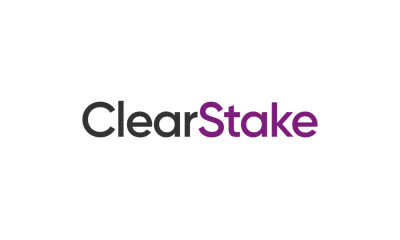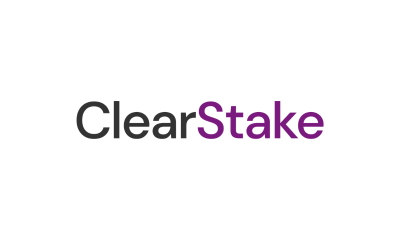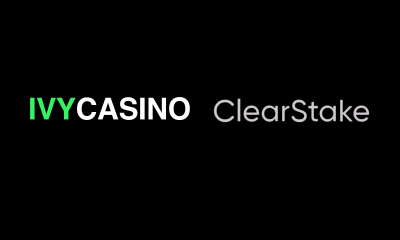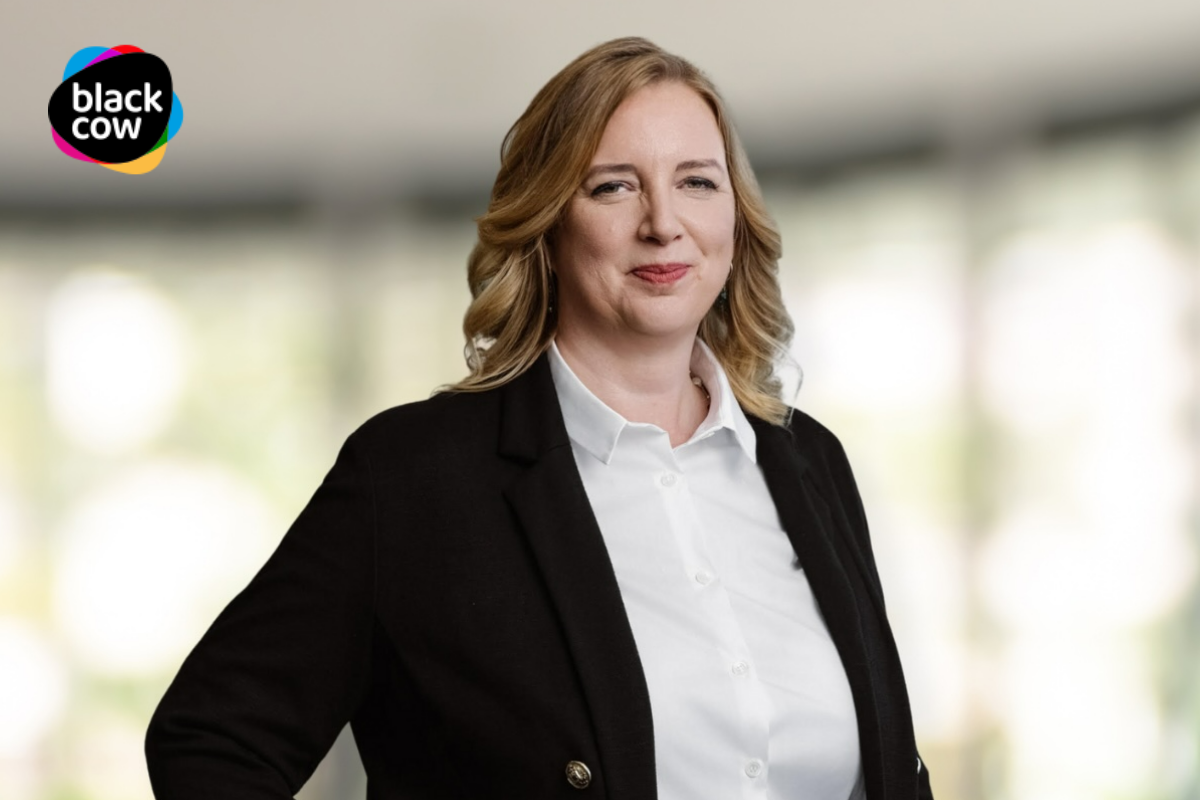Compliance Updates
Special Interview: A Conversation with Tom Farrell, CMO of ClearStake
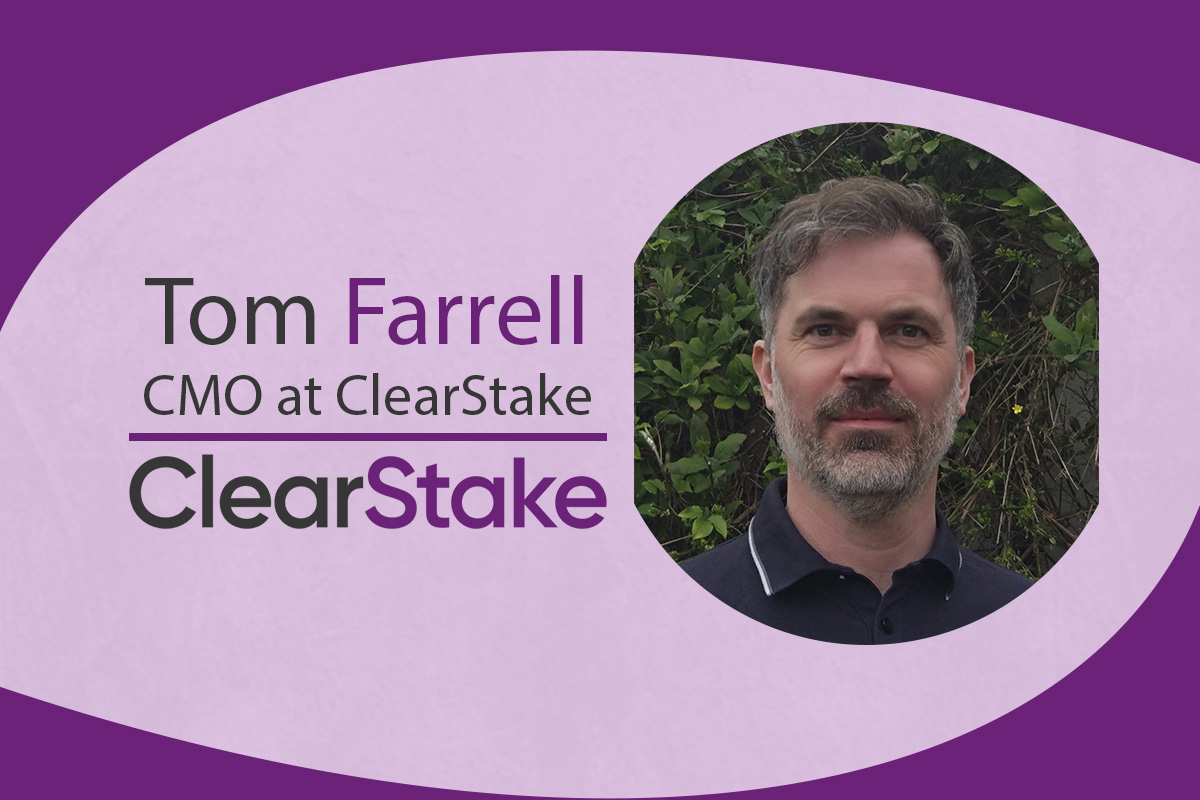
Affordability is currently the word on everyone’s lips. Operators continue to face a ‘sustainability conundrum’ – they must fulfil their regulatory obligations and commitments to player protection, while ensuring their business remains profitable. For many, affordability can spell disaster, with up to 90% of customers lost when asked to prove they have the money they are wanting to spend. However, using Open Banking to carry out these financial checks as quickly as possible may be the answer to boosting retention and retaining otherwise lost revenues.
The DCMS recently published a public consultation on the UK gambling White Paper, while the Gambling Commission launched its own on financial risk checks, bringing their importance of affordability to the top of the agenda – but operators must now strike the balance between minimising harm and maximising revenue. Affordability checks that take too long risk sending customers to competitors, or worse, the black market.
One of the key remedies to the high level of churn experienced in the past is making sure financial risk checks can be carried out quickly and with as little friction as possible, so that customers can complete them with as much ease as approving a payment while online shopping. Operators have to reach a decision quickly because the longer players wait, the more likely it is they will go elsewhere while they’re waiting.
Of course, there are some people who under no circumstances will share financial data with someone like a gambling operator. There’s also a group of people who won’t share data because they know they are gambling beyond their means. This is of course the system working as it should and that’s a good thing. But there’s a third group of people for whom it’s too much effort. They’re asked to provide bank statements, at which point they go to a competitor, as the hoops they have to jump through are not worth it.
For a customer using Open Bank technology, such as ClearStake, what used to involve downloading and printing bank statements and a wait while the operator reviews the data, now takes just 30 seconds and a few clicks. A decision is recommended to the operator immediately and theoretically, the whole process can take less than a minute. Players click a link, and they are taken to a super slick and simple process where they press a couple of buttons and the relevant financial data is shared securely. They are always in control of their data and they can revoke permission at any time.
Our software categorises every transaction and we can calculate whatever the operator wants to see. It could be disposable income, net gambling spend, total income, or current balance on the account. Our software can also evaluate the rate of change so operators can see accelerating gambling spend or consistently declining savings and work out if the player’s gambling activity is still within the safe bounds of their current financial position.
Without responsible gaming and Enhanced Due Diligence (EDD) checks, gambling risks being over-regulated out of existence as the product will become unprofitable. To answer the sustainability conundrum many operators face, we need to find a middle ground. Sustainability means not letting people spend beyond their means. It means letting people have a bet if they can afford to, while not taking more money than they can spend.
Over the last two or three years, the Gambling Commission got strict on affordability checks. They asked operators how they know someone could afford to lose ‘x’ amount. The White Paper effectively agreed with the Gambling Commission and has clarified that if someone is losing £2,000 in the space of three months or £1,000 in one month, operators should be confident about the player’s financial situation. The headline was that affordability and EDD checks should be taking place.
This discussion around affordability is not only limited to the UK, and we are seeing lawmakers and regulators in several other countries considering measures in this area.
The industry therefore needs to be proactive as the problem will never go away if it keeps allowing people to bet money they don’t have. In the public mind, gambling will have the same fate as cigarettes which are currently being regulated out of existence.
-

 Africa5 days ago
Africa5 days agoQTech Games wins Best Innovation of the Year at the 2025 SBWA+ Eventus Awards
-

 Asia5 days ago
Asia5 days agoNODWIN Gaming and JioStar Unveil OnePlus Android BGMS Season 4
-
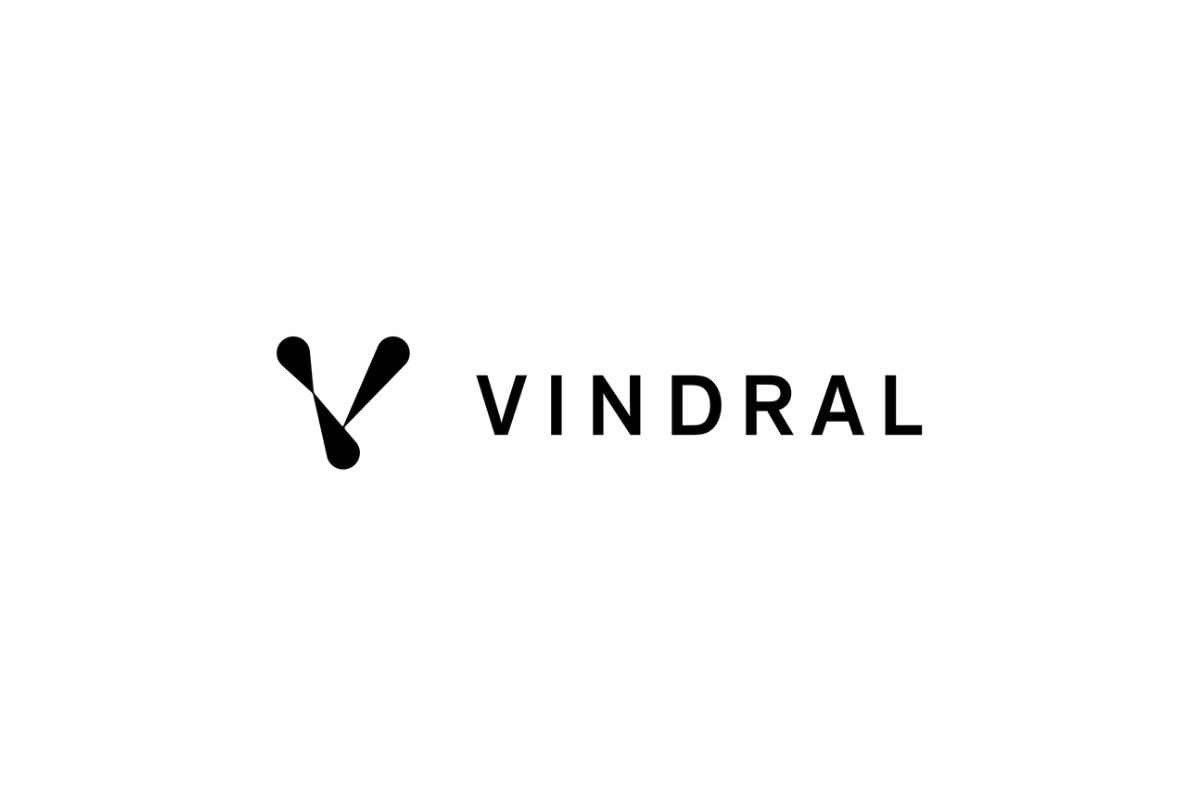
 Latest News5 days ago
Latest News5 days agoVindral appoints Henrik Fagerlund as Chairman of the Board
-

 Latest News5 days ago
Latest News5 days agoCalema to Perform at Legends Charity Game in Lisbon
-
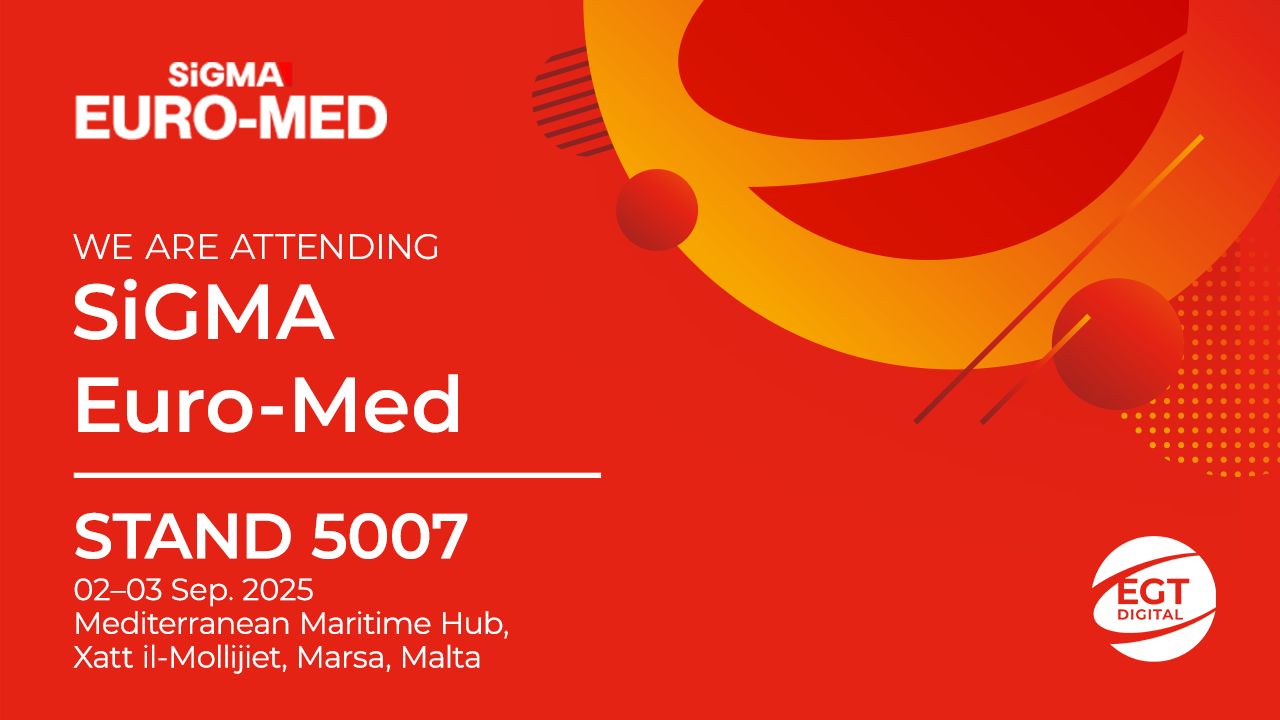
 Conferences in Europe5 days ago
Conferences in Europe5 days agoEGT Digital and EGT to rock the show at SiGMA Euro-Med 2025
-

 Latest News5 days ago
Latest News5 days agoPush Gaming redefines its portfolio, unveiling new game categories and sub-brand for extended player reach
-

 Affiliate Industry5 days ago
Affiliate Industry5 days agoNikita Lukanenoks Brings Slotsjudge Into Spotlight With Affiliate Leaders Awards 2025 Nomination
-

 Latest News5 days ago
Latest News5 days agoThunderkick returns for an even fierier fiesta in Carnival Queen 2








